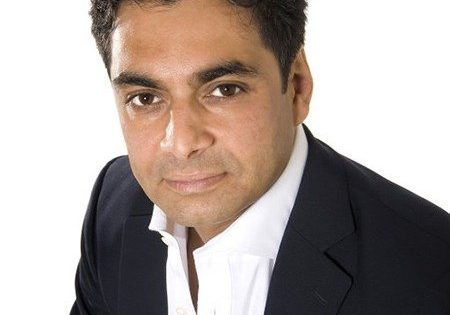If you have any questions relating to treatment options or pricing information, get in touch with us by filling out one of our contact boxes or giving us a call on 020 3370 1014.
Our Appointments Team have a dedicated and caring approach to finding you the earliest appointment possible with the best specialist.
If you are self-paying you don’t need a referral from your GP for a consultation. You can simply refer yourself* and book an appointment.
If you have health insurance (e.g. Bupa, Axa Health, Aviva), you will need to contact your insurer to get authorisation before any treatment, and in most cases you will also require a referral letter from your GP.
If you are not registered with a GP, we have an in-house private GP practice you can use. Alternatively, we can suggest the most appropriate course of action for you to take, given your location and individual circumstances.
*Please note – for investigations such as X-rays and MRIs, a referral will be required. However, we may be able to arrange this for you through our on-site private GP.















